What are female hormones?
Female hormones play a crucial role in regulating various bodily functions, especially in the reproductive system and in maintaining overall health. Understanding how these hormones work and the effects of their imbalances can help maintain optimal wellness.
Estrogen
Estrogen is one of the most important hormones in the female body. During puberty, it promotes the development of secondary sexual characteristics, such as breast growth and body hair distribution. In addition, it regulates the menstrual cycle by stimulating the growth of the uterine lining during the first half of the cycle. Beyond its reproductive functions, estrogen plays an essential role in bone health, helping to maintain bone density and protecting against osteoporosis. It also has a significant impact on cardiovascular health, helping to maintain healthy cholesterol levels and protecting the heart. However, an imbalance in estrogen levels can lead to menopausal symptoms such as hot flashes, night sweats, and vaginal dryness, as well as menstrual problems and an increased risk of osteoporosis.
If you like this article, we invite you to learn more about feminine care in winter .
Progesterone
Progesterone is another key hormone for a woman's reproductive health. This hormone is crucial for regulating the menstrual cycle and preparing the lining of the uterus for implantation of a fertilized egg. During pregnancy, progesterone maintains the pregnancy and prevents premature uterine contractions. Additionally, it helps balance the effects of estrogen in the body, promoting a healthy hormonal balance. However, imbalances in progesterone levels can cause infertility , menstrual problems, and PMS symptoms such as bloating, irritability, and headaches.
Testosterone
Although commonly associated with men, testosterone is also important in women. It contributes to sexual desire and libido, and helps maintain muscle mass and strength. It also influences energy levels and emotional well-being. An imbalance in testosterone levels can lead to decreased sexual desire, loss of muscle mass, and fatigue.
This might interest you: Discover how adaptogens can be a shield against the impact of stress .
Luteinizing hormone (LH) and follicle-stimulating hormone (FSH)
LH and FSH, produced by the pituitary gland, are essential for reproductive function. LH triggers ovulation, while FSH stimulates the growth of follicles in the ovaries and regulates the production of estrogen and progesterone . An imbalance in these hormones can cause fertility problems, irregular menstrual cycles, and conditions such as polycystic ovary syndrome (PCOS).
Prolactin
Prolactin, produced by the pituitary gland, is crucial for lactation. It stimulates milk production in the mammary glands after childbirth and can influence the levels of other reproductive hormones. An imbalance in prolactin levels can cause galactorrhea (milk production outside of pregnancy or breastfeeding), infertility, and irregular menstrual cycles.
Growth hormone (GH)
Growth hormone is important for tissue growth and development, as well as for regulating metabolism and body composition. It also contributes to cell repair and regeneration. An imbalance in GH levels can cause growth problems in children, metabolic disturbances, and low energy and strength levels.
If you experience symptoms of hormonal imbalance, such as menstrual irregularities, changes in sexual desire, or bone health problems, you can contact us for appropriate treatment.
Your health is the most important thing, which is why we recommend that you complement this information with an article on female sexual hormones .

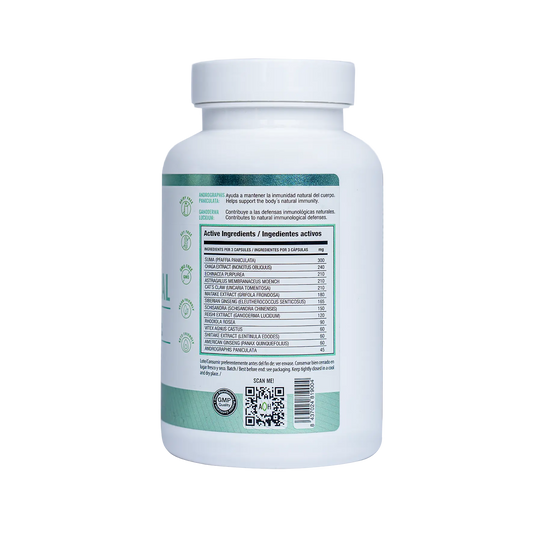
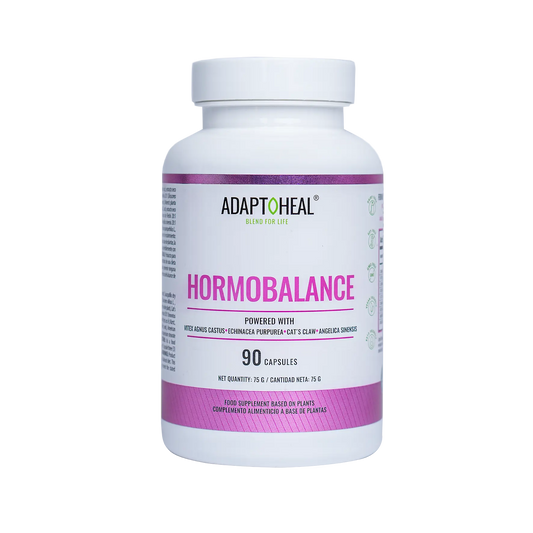
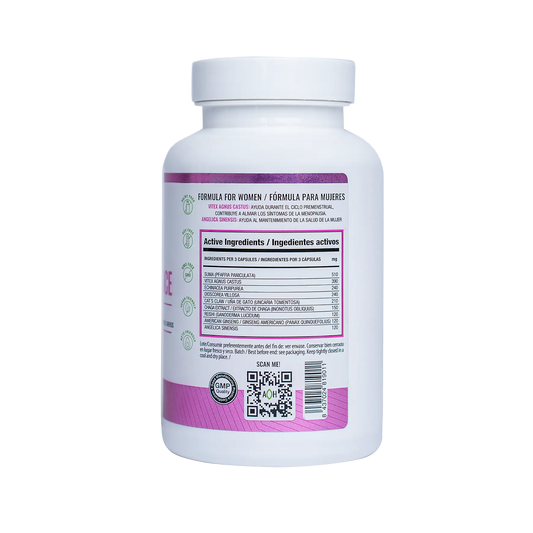



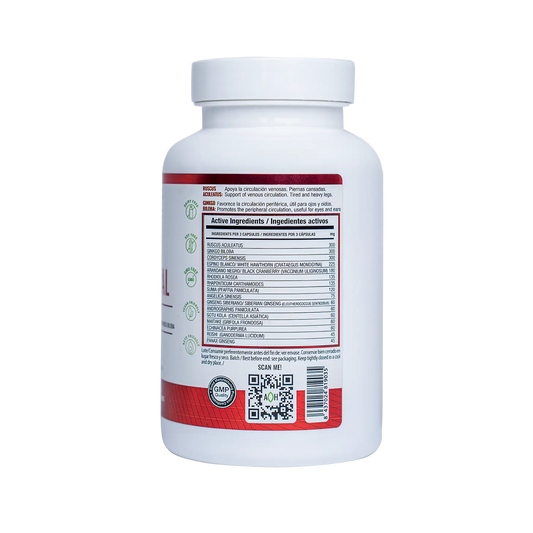

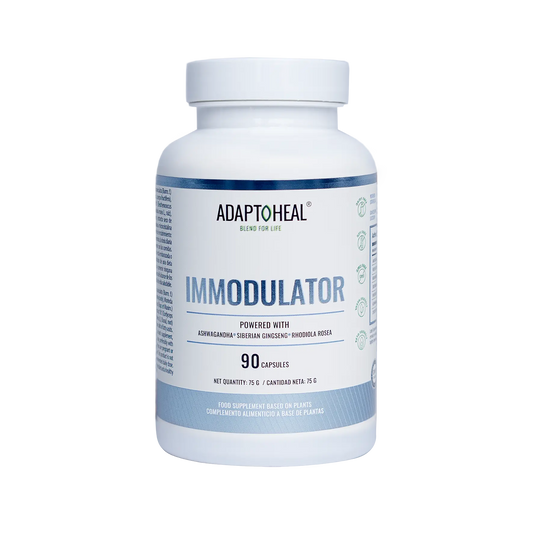
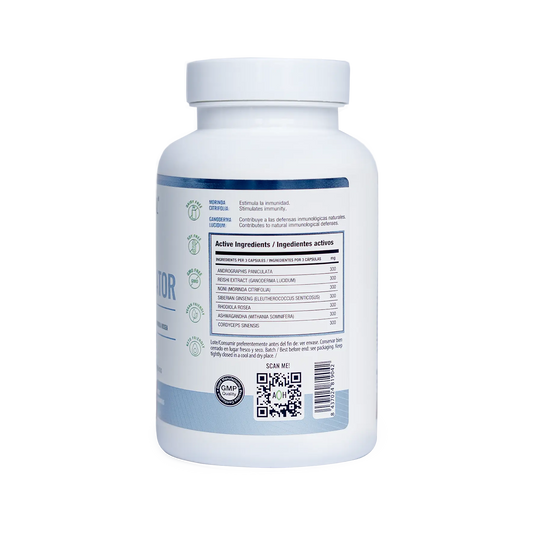


Leave a comment